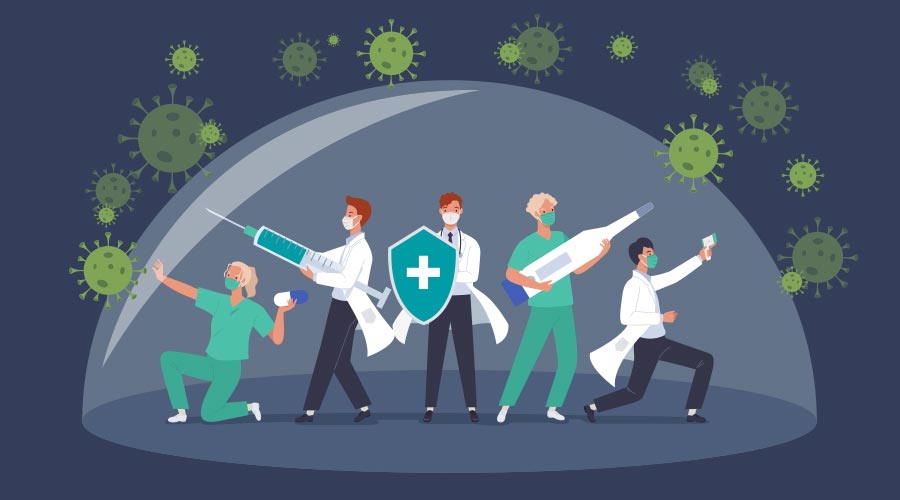
Continual competency assessment, documentation, and advancement should be conducted throughout an infection preventionist’s (IP’s) career, according to a commentary article published in the American Journal of Infection Control.
Developed by APIC’s Professional Development Committee, the article, “A Framework for Defining and Documenting Infection Preventionist Competency,” provides strategies for developing and detailing competency within the IP profession. The paper cites the importance of recording processes for onboarding newly hired IPs, detailing competency during accreditation and regulatory surveys, and maintaining ongoing professional development throughout one’s career.
In defining competence, the authors state that, “competency is not determined by any single achievement or factor alone, but rather by a process of acquiring and demonstrating the observable and measurable knowledge, skills, abilities, and behaviors required for effective job performance.”
“A license or certification is one aspect of competency, but certification by itself does not demonstrate one’s competency,” says lead author Christine Zirges, DNP, ACNS-BC, CIC, FAPIC. “Continued competency assessment and documentation should be conducted throughout an IP’s career, including at organization-defined intervals, when job duties expand or change, and when advancing through career stages.”
The authors emphasize that IPs should be able to articulate their facility’s competency assessment program and provide supporting documentation during regulatory and accreditation visits.
“With a growing focus on infection prevention and control from regulators and accrediting bodies, IPs are increasingly required to provide evidence of their competency during regulatory surveys,” says Dr. Zirges. “This article was developed, in part, to support IPs in responding to accreditor inquiries about their competency during survey visits.”
“The paper, developed by our Professional Development Committee, outlines a comprehensive approach to help IPs develop an overall competency management program and is a much-needed resource for our profession,” says 2024 APIC President, Tania Bubb, PhD, RN, CIC, FAPIC. “The expanding scope of responsibilities highlights the critical need for ongoing competency evaluation and professional growth throughout an IP’s career.”
APIC offers competency assessment and development resources including those found within the Infection Preventionist Career Development and Advancement Guide.

 Celebrating BSCAI's 60th Anniversary eBook
Celebrating BSCAI's 60th Anniversary eBook The Down and Dirty on Cleaning in Virus Season
The Down and Dirty on Cleaning in Virus Season How Surfactant Use is Expanding in Commercial Cleaning
How Surfactant Use is Expanding in Commercial Cleaning